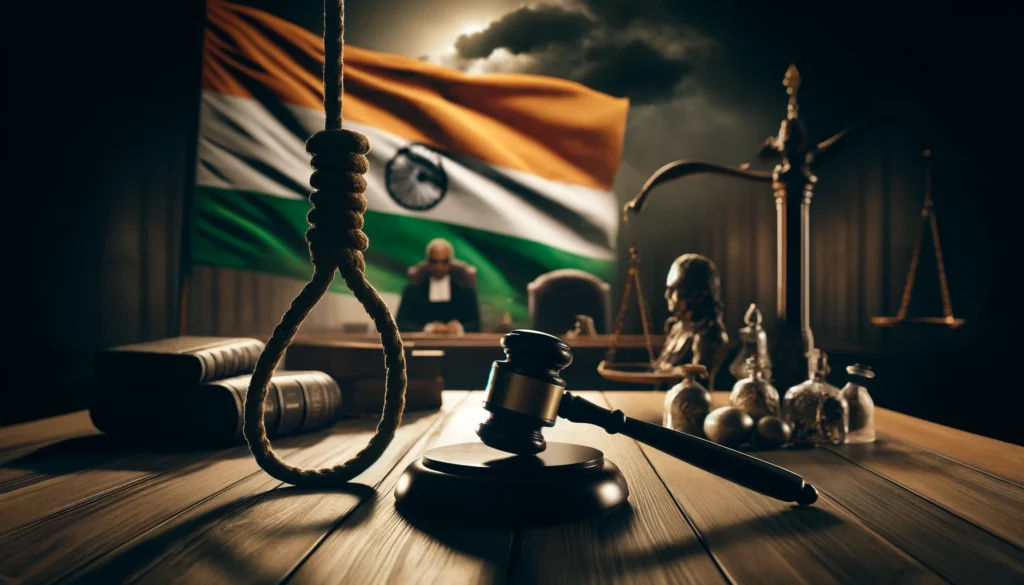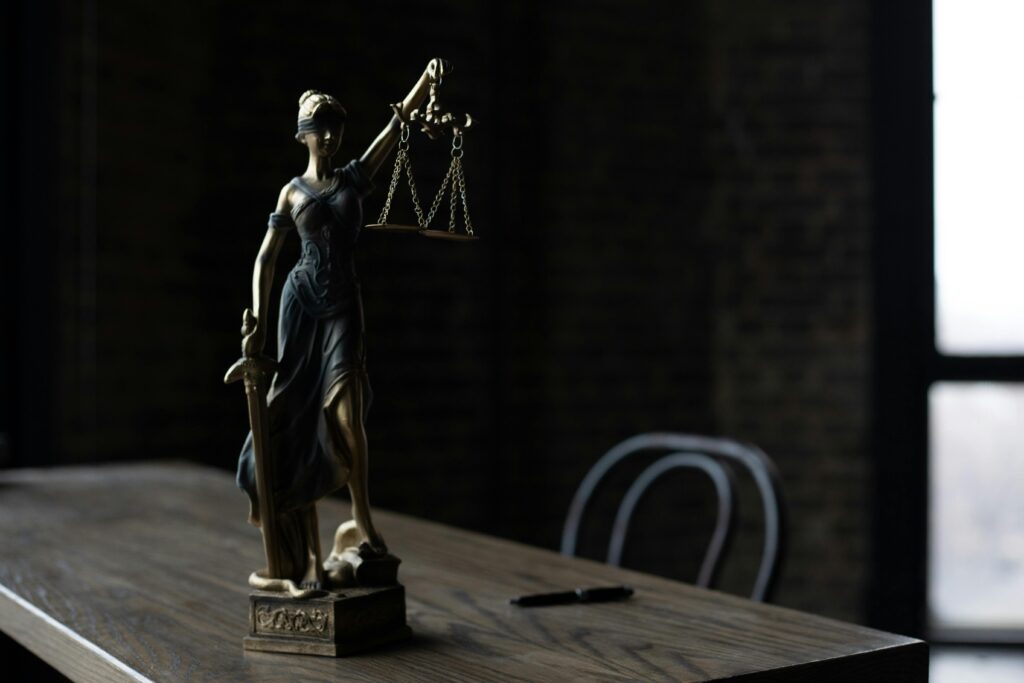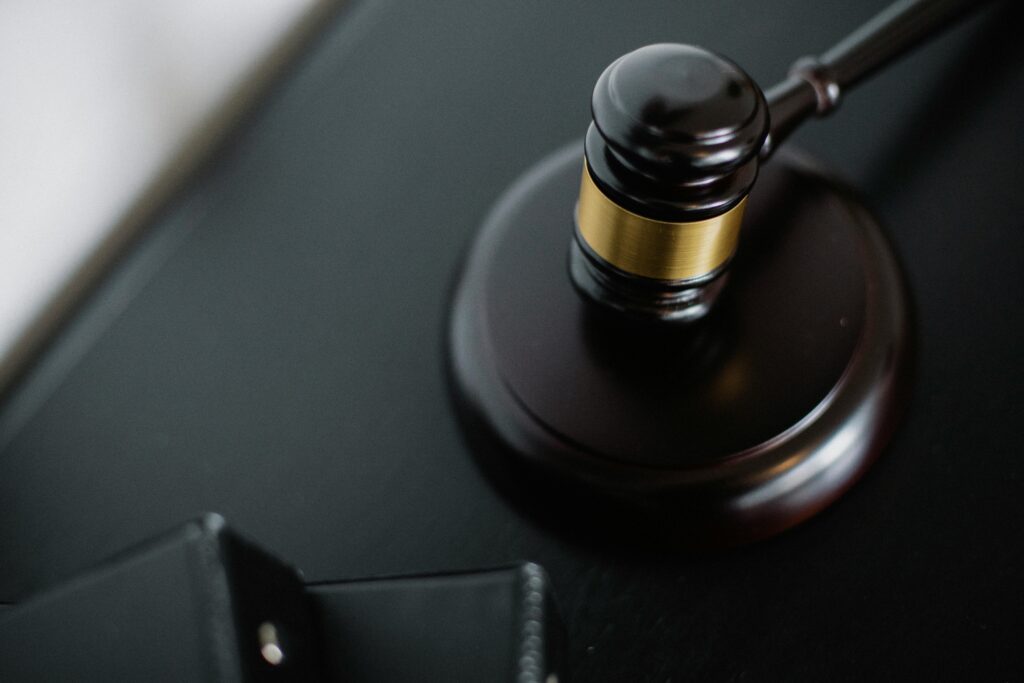Published On: September 9th 2025
Authored By: Aastha Sharma
Maharishi Markandeshwar Deemed To Be University
Introduction
Union Executive presented in part 5 of Indian constitution states about the group of people who hold the position to implement law and administer it on nation level. It includes President, Vice President, Prime Minister, Council of Minister, Attorney General for India. This part of constitution defines Union Executive from Article 52 to Article 76 Here in these Articles power of the position holders, how they are elected including Conditions, qualifications, oath, Removal, Functionary all of these are been discussed
The main power of Executive is provided to President in written format but in actual form the power are been in hands of Prime Minister. If the President is not able to conduct his functionary may be because of Removal, death etc all the power of president is shifted to vice president till the President is elected
The President of India
Article 52 state that their shall be the president of India.1
This section show that there is a clear requirement of president in formation of constitutional scheme and structure of India. Therefore the conduct of these operations of constitutional scheme and structure can not be envisage even for short period of time without president.
In case of death, Removal, resignation or any vacancy in office of president the vice president act like president and within the period of 6 month their must be another president in office. The vice president holds the power as to continue the governance
Article 53 state the executive power of the Union
The executive power of union shall be vested in president and shall be exercised by him or by his subordinates on his order
53(2) state that president is the Supreme commander of defence forces but the limitations in this article state that he must exercise his power in accordance to constitution secondly the exercise of this command must be regulated by law
53(3) executive power of union is vested in president but this does not mean that all the power with other authority or state will be transferred to president. The Parliament can give power to other authorities then president
Other power of president
President also possesses the power to Appoint other officials like –
- Prime Minister
- Attorney General of state
- Comptroller and auditor of India
- Governed of state
- Member and chairman of UPSE union public service commission
- Council of minster
- Constitutional position
- Schedule cast Schedule tribe Commission’s and other commissionslike commissions etc
- Judge of Supreme court and High court etc
The President also possess the power during the time of emergency he can suspend the enforcement of fundamental rights
The bill can become law after his assent he can deny this assent and can send bill for reconsideration
President can also dissolve House of people also known as Lok Sabha • President can conduct joint session of both the houses Lok Sabha and Rajya Sabha he can also send or address message to either house or both the house
No money can be granted till it is recommended by president
The president can also stop the bill of state legislatures to be passed after his consideration and the state law cannot be passed till it is asserted by president in certain matters
Constitutional position of the president 2
The president of India power is as same as the power of British king he is the nominal and constitutional head of government but the real powers are not in hands of president Like United States of American president
Article 53 State that The union power is wasted in president but article 74 and 75 particularly refers that all the work done by president are aid and advice by council of minister and Prime Minister Hence, president is constitutional and formal head of union and he exercises power and function conferred on him by or under the constitution on the aid and advice of council of minister
Case U.N.R RAO V. INDIRA GANDHI 3
27th December 1980 Loksabha was dissolved by the president v.v giri On the recommendation of Prime Minister Indira Gandhi This Lok Sabha was dissolved one year before actual dissolution date
Prime Minister Indira Gandhi noticed that there Har minority government would fail to gain support in Lok Sabha so she dissolved Lok Sabha unwanted to contest Lok Sabha election again
The petitioner demand for quo warranto And Koshin arise whether the Prime Minister and cabinet is allowed to hold the office or not
The Supreme Court held that the Prime Minister and cabinet can hold the office as a caretaker Even after the Lok Sabha is dissolved Another thing which was emphasised in this case was that the council of minister enjoys a majority of legislature concentrates in itself the virtual control of both executive and legislative function article 74 which provides for the council of minister to the aid and advice of president in the exercise of his function is mandatory Articles 74 along with article 75 is that the president cannot exercise executive power without the aid and advice of council of minister even after the president has dissolved the legislature
Article 54 Election of president
The president shall be elected by group of people known as electoral college. Electoral college include the member of both lok Sabha and rajya sabha in other words both the houses of Parliament, elected members of vidhan Sabha and vidhan parishad in other words members of state legislative assembly, two union territories Delhi and Puducherry
On the ground of dissolution of state assembly the election of president could be held only after the election to state assembly members
The Union territories in electoral college was recognised by 70th amendment 1992 as the word state does not includes union territories
Article 55 Manner of election of president 4
This article suggest that their shall be uniformity among the state for scale of representation. Formula 55(2)
Population of state in ratio with Members of state legislative into 1000
Illustration
Haryana population is 1,292,938. Total no of elected members in state legislative is 130 .hence 1,292,938 is divided by 130 into 1000 the Vote of one members will be 945
Each member of Parliament would have equal number of votes as given to state legislative member
Hence the election shall be held in accordance with the system of proportionate representation by the means of single transferable vote where voter is entitle to is prefrence and the voting shall be conducted through secret ballot
Article 56 Term of office President 5
The president shall hold office for the term of 5 year from the day he has been entered in office he can continue in his office till his successor enter upon his office. Before the expire of term the president can redesign the office, he can also be removed from his office of he violates he constitution. After his resignation the president powers are taken by vice president and he can be removed through the process of impeachment
Article 57 re-election of president
In Indian constitution there is no barriers regarding re-election of same person as president again. Person who hold the election ones can be again elected for the position of president unlike irish constitution where president can only elected twice. In india Rajendra parsed have been president twice and rest are elected for ones
Article 58 Qualifications of president
The individual can only be president when he/ she satisfied these condition
- He must be citizen of India
- He/She must not hold office of profit
- He should be eligible to be elected member of house of people
- He / she must not be less than the age of 35
Article 59 condition to be president
President should not be the member of either house of Parliament or state legislatures if the hold seat in Parliament or state legislative office then before beeing president he/ she must vacant the office
President must not hold the office of profit
President are provided with privileges these privilege are provided till he hold the office Article 60 oath and affirmation
Before entering upon office must take oath in front of CJI Chief Justice of India or if CJI not present then Senior most Supreme Court Judge
Oath of president 6
“I, A. B., do solemnly affirm (or swear) that I will faithfully execute the office of President (or discharge the functions of the President) of India and will to the best of my ability preserve, protect and defend the Constitution and the law and that I will devote myself to the service and well-being of the people of India.”
Article 61 Impeachment
If president violates the constitution of india he shall be removed from his position through the process of impeachment. This process of impeachment is conducted after the notice where one fourth members has to elect then this notice turn into Resolution. When two- third member of both the house elect to this resolution the the president is removed here also investigation is done whether president is guilty or not by the house who has not put the allegation on president of violation of constitution
Article 62 Time of elections to fill vacancy
This article suggest that is before the expire of term of president he is removed, resign or may die the the election must be held as soon as possible or within the time period of 6 month mean while all the process of president are done by wise president. The person who hold the office thereby will be their for the time of 5 year exactly form the day he/she hold the office
Conclusion
Indian constitution provide all the union executive powers to president but the power are just in written format the exact power are utilized by the Prime minster and his cabinate Here, In Article 52 -62 we understand the power of president also learn that if the President doesn’t use his power for the protection of constitution but for violation he will be removed thereby
President play a significant role in as the head of state and holds the highest constitutional office. While the President exercises executive powers, these are largely exercised by the Council of Ministers, headed by the Prime Minister. The President’s role is primarily symbolic and ceremonial, but they also have significant powers and functions related to legislation, emergencies, and appointments.
References
1. India code https://www.indiacode.nic.in/bitstream/123456789/19151/1/constitution_of_india.pdf.
2. Unacademy https://unacademy.com/content/railway-exam/study-material/polity/the-position-of-the-president/ India code https://www.indiacode.nic.in/bitstream/123456789/19151/1/constitution_of_india.pdf.
3. Law forum https://lawsforum.com/du-llb/u-n-r-rao-v-indira-gandhi-air-1971-sc-1002-2/. Ipleaders https://blog.ipleaders.in/u-n-r-rao-vs-indira-gandhi-1971/.
4. Testbook https://testbook.com/constitutional-articles/article-55-of-indian
5. Constitution of india http://constitutionofindia.etal.in/article_056/.




